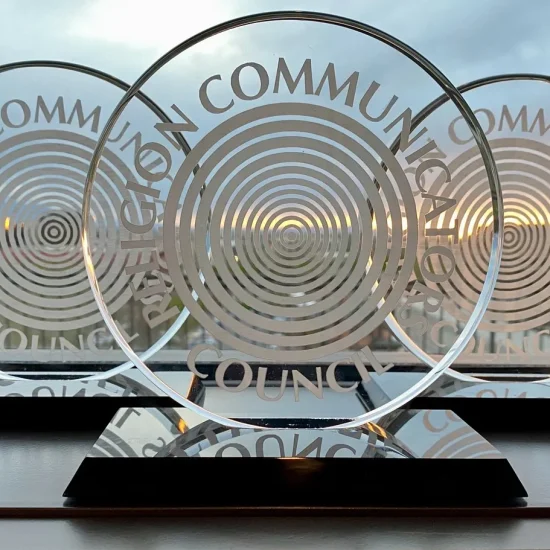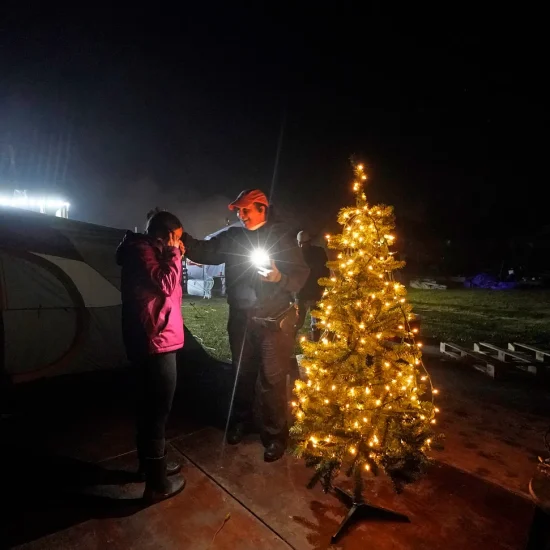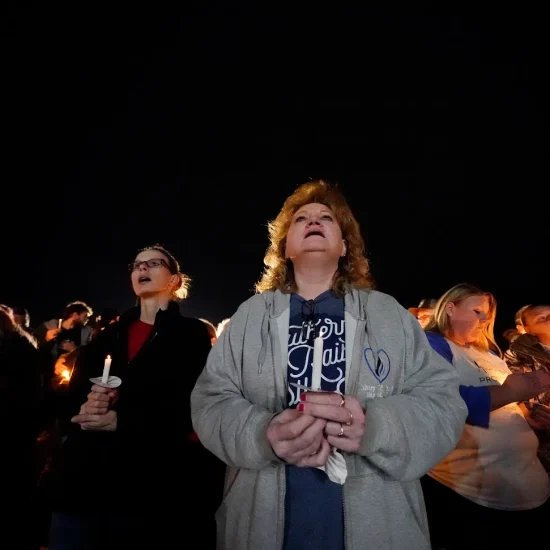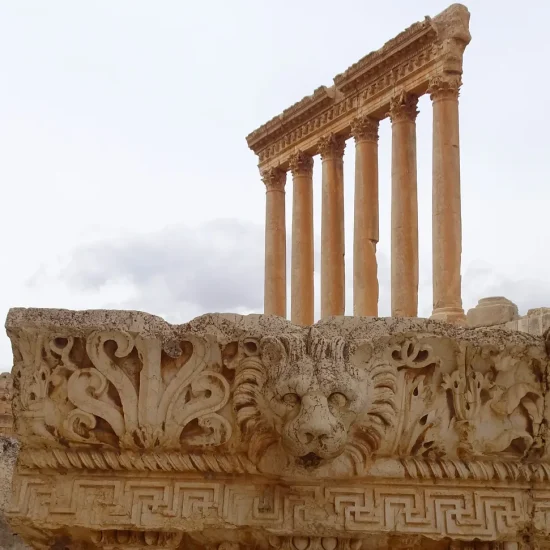
I often tell the story to my students of the time that a complementarian wife invited me to lunch. When I say complementarian, I mean a woman who believes that her husband is the head of the household and women should not serve in any authoritative role within the ecclesial body. Beth Allison Barr describes complementarianism as the theological view that women are divinely created as helpers and men are divinely created as leaders.
At this lunch, my hostess asked me why I did not let my husband lead me as the Bible commanded. At the time, my husband and I were leaving Seattle, Washington, to move to Atlanta, Georgia, where I was leaving my first academic post at the Seattle School of Theology and Psychology and moving to serve as assistant professor of New Testament and Greek at Mercer University’s McAfee School of Theology. My hostess could not imagine a world where a husband follows his wife for her job.
Remembering this conversation prompted me to think about the Gospel of Matthew’s genealogy account in Matthew 1:1-16. Two women have helped expand my thinking of this text.
The first is my pastor, Rev. Leslie Dawn Callahan of St. Paul’s Baptist Church in Philadelphia, Pennsylvania. She preached this text on Dec. 11, 2022, with a message titled “With Us in the Mess.” Pastor Callahan highlighted the messiness and trauma of Jesus’s lineage as outlined in Matthew’s Gospel. Like us, Jesus was born into a messy family. Moreover, she preached that none of us would be here without the women in our families. As a woman, wife, mother, sister, daughter, and seminary professor, Pastor Callahan reminded me that it would behoove God’s family if I diminished my own role within it. I am more than an accessory to a man.

An icon is placed in the window of an abandoned house near the frontline in eastern Ukraine, on Feb. 9, 2022. (Vadim Ghirda/Associated Press)
The second woman to help expand my thinking of this text is Rev. Dr. Wil Gafney. In A Women’s Lectionary for the Whole Church — Year A, Gafney includes the work of Ann Patrick Ware and her genealogy of Jesus that traces Jesus’s great-grandmothers as told in the Gospel of Matthew. Ware’s genealogy names all of the unnamed women in Matthew by supplementing what we know from the Hebrew Bible. Further, where we do not know the names, Ware states that the name of the mother “has been lost” or “unrecorded.” Gafney’s work prompted my own pastor’s preaching of this text and serves as a reminder that I, as a woman, am important.
As I remember that luncheon from years ago, I remember responding to my hostess with statements such as “God had gifted me. God has called me. God had provided for me and my spouse. Who am I to turn my back on God’s giftings and callings because some segments of Christianity cannot handle a woman being blessed, not just with children, but with a mighty and abundant ministry from God?” Thinking through the genealogy in Matthew’s Gospel and Ware’s re-imagination makes me ask how certain segments of Christianity still stifle women’s abundant ministry beyond home and hearth.
Angela Parker is assistant professor of New Testament and Greek at Mercer University’s McAfee School of Theology and author of If God Still Breathes, Why Can’t I?: Black Lives Matter and Biblical Authority.

NOTE: This is part of our Unsettling Advent devotionals running Nov. 27-Dec. 24. You can subscribe for free to receive them each morning in your inbox.






